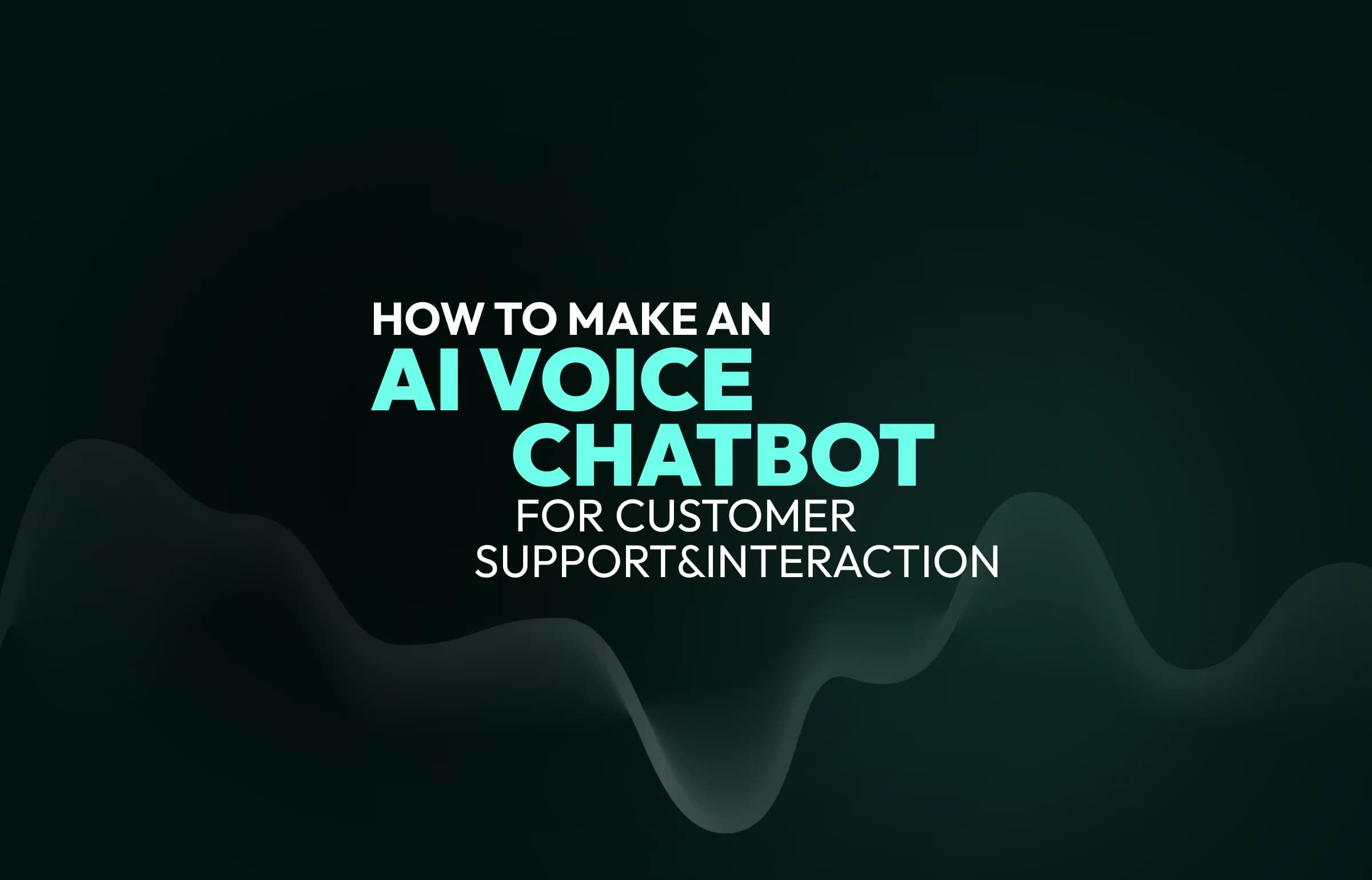
All STARTUP ACCELERATORS BASED IN EUROPE
Updated:April 28, 20256 min read
The ventures that get the most investments tend to have an implementation on the global scale for the future wellbeing of the entire population.
Startup verticals most sought-after in 2020
When everything is a priority, nothing is a priority. To have a powerful all-consuming engagement in all industries’ affairs, accelerators need to have sufficient funds and devoted time. However, in such this case the question arises: it is better to do everything half the strength or something particular to the fullest extent? That’s why startup accelerators often choose only some verticals to work with so they could invest more and yield more. Also, it is important to remember that we only prioritize something necessary for our survival. Thus, the ventures that get the most investments tend to have an implementation on the global scale for the future well-being of the entire population.
Healthcare and life sciences. 2020 has shown us how vulnerable global health conditions are. Thus, inevitably, we will need alternative solutions in tech to solve the issues driven by the global pandemic and quarantine. Right now, it is especially topical to develop projects and apps for hospitals, health insurance companies, laboratories, and pharmaceutical providers.
Advanced manufacturing and robotics. Another structure quarantine-driven changes in manufacturing influenced is manufacturing. With fewer people being available to work in industrial occupations, it is important to automatize the production workflow even more than it was previously. It is important to not only being able to control high-tech machinery distantly but also produce durable techs to reduce reconditioning.
Agtech. Eat to produce or produce to eat? Well, for now, humanity spends much time trying to yield crops and breeding animals, wasting not only human resources but also natural deposits. Also, it is necessary to solve the problem with the efficient transportation of food, without it being spoilt. Another issue – what is to be done with the wastes after the food is not suitable for consuming? All of this matters on a global scale and the tech that will somehow solve these problems will be of great value.
Artificial intelligence. This is a universal technology that has an implementation in all the above- and below-mentioned industries. It enables such features as image and speech recognition, chatbots, language generation, data processing, and all of that may help in automation and cybersecurity.
Edutech. What stands behind all inventions and discoveries? What is the basis of constant global living conditions improvements? Education. With Edutech, it is possible to spread knowledge to long distances, in shorter periods, and with the ability to reach out for materials at any time convenient. That’s the opportunity to stick to in 2020 and onwards, and if you need help, these startup accelerators from Europe may help you (or these ones from North America, Australia, and Asia)
European startup accelerators
PROSIEBENSAT.1 (GERMANY)
One of the leading accelerators in Germany, ProSiebenSat offers investments for B2C projects that have a successful implementation into the mass market. With their substantial investments in advertising campaigns, providing their clients with resemblance on TV, media, and the Internet. The thing is that this accelerator is a part of a larger media corporation. This way, you get access to the network of not only technicians and investors but also content makers and marketing experts. ProSiebenSat.1, as per all accelerator’s tradition, conducts meetings with experts, growth-related seminars and provides an office in Berlin.

The industries they target are food, beauty, fashion, e-commerce, health, Fintech, and entertainment. However, they don’t work with seed-startups. To get into their program, the owners must clearly understand their objectives, be aware of their market opportunities and target audience, and even generate their first revenue (from 500 thousand to 2 million euros). They cooperate with Google for Startups, Leam Case, REWE Group, and AWS activate. Among the startups they successfully helped to launch are:
- Framily – providing books to children;
- Kaex – 25 biomolecules improving health;
- Spot-a-Shop – the discovery of discounts for clothes and accessories;
- SecureBeam – data security;
- Veeplay – video player with improved features.
SEEDCAMP (UNITED KINGDOM)
Unlike the previous accelerator, Seedcamp works with startups in their early stages. With the powerful team of, as they state, founders, makers, operators, executors, investors, and tech-enthusiasts, you get the enormous opportunity to develop your product, increase sales, arrange marketing campaigns and pitch your startups to investors. While choosing the company, Seedcamp takes into consideration only the potential, setting aside the size and shape, current revenue, and level of development. They will teach you all of it. How do they see the potential? You need to show that you are ready to enter the market of your industry’s size. That means knowing your customers and what they need, how you view your product and present it to the public.

Among the successfully launched projects Seedcamp assisted in are Kiko, Skew, Ramp, Gameplan, and Whispr. They give you £100k in exchange for 7.5% target ownership, which will most likely be the first investment you’ve had (if we talk about development from the scratch). Afterward, you get access to the powerful network of experts and start working. Seedcamp divided its investment process into several stages:
- submission on the website;
- review and recruitment;
- deep immersing into your project;
- first interaction;
- meeting;
- FUNDING.
HATCH (IRELAND)
This is a niche accelerator – the first one targeting a sustainable aquaculture industry which is highly topical these days, as it is not something that people talk about a lot. The thing is that almost 50% of seafood people consumed comes from the farmlands, artificially constructed by the communities. There are often no strong regulations controlling this process, and this may cause water pollution, aquaculture disruption, and irreversible changes in the water environment. That’s exactly what Hatch is trying to solve, working with seed and pre-seed startups who also care about this particular problem. Their requirements are quite simple: at least two people who are willing to dedicate themselves to the project development during the acceleration process. They take into consideration the quality of your team, the size of the market you target, and the potential of the product.

After submission, you receive 75 thousand dollars in cash and 55 thousand dollars for other services. Over 50 mentors will assist you during the process of working. The duration of the program is 15 weeks with 3 demo days operating during this period. They have three open offices in their headquarter, in which a minimum of 30 people can work at the same time. With such a niche approach to their work (as they invest only in the projects who work for the sake of sustainable aquaculture) the number of startups they’ve sped up is lower than with other companies of the same kind. Dynaspace assists shrimp farmers with satellites providing images of top quality. Algaebra targets automated hatching. Kinnva works with fermentation technologies. Hatch’s startups are from all over the world: Norway, Thailand, the USA, Argentina, Portugal, China, Indonesia, and India.
BUILDIT (ESTONIA & LATVIA)
Another niche accelerator that works with the Internet of Things production and Hardware. It is a system of interrelated computer devices that may work in a synchronized mode. Such technology found its implementation in real-time analytics, machine learning, healthcare, and commodity services. They provide the startup teams with investments in cash, and if they see the potential in working with you, you’ll get other rounds of investments and there will be no need to look for other funders. Buildit may become your first regular investor. So, it’s worth trying hard to build something worthy here. The requirements for your admission are:
- you must comply with the industry they work with;
- MVP or existing prototype;
- business model ready to be scaled;
- a team of a minimum of 2 people.

What do they offer instead?
- 50 thousand euros of initial investment, as a convertible loan;
- office;
- mentoring;
- contracts with the leading hardware and IoT manufacturers from Europe and China.
Overall, you will have to relocate to Riga for a period of learning and development. There, you will be able to live on legal terms – with documents, visa, insurance, and so on. For the time being there, you will have to open Latvian bank account.
LAUNCHHUB (BULGARIA)
Central and Southeastern European seed startups may feel safe about their potential because here’s Launchhub to be there for them. The initial investment they offer may differ from 500 thousand euros to 2 million euros, depending on the nature and scale of the product. It’s a multi-industrial accelerator, and they work on SaaS, Fintech, BigData, AI, Digital Health, Blockchain, and IoT. The criteria for the collaboration with them is scalability, access to first revenue, and founder’s passion.

They’ve supported over 35 successful startups, investing 78 million euros:
- Cleanshelf: for the automated organization of your enterprise’s SaaS.
- CheckYeti: to book holiday destinations in Europe;
- Codebender: to create, run and share Arduino code;
- OfficeRnD: to ease up administrative processes;
- FindMeCure: to help patients understand researches that stand behind the drugs and therapeutic methods.



